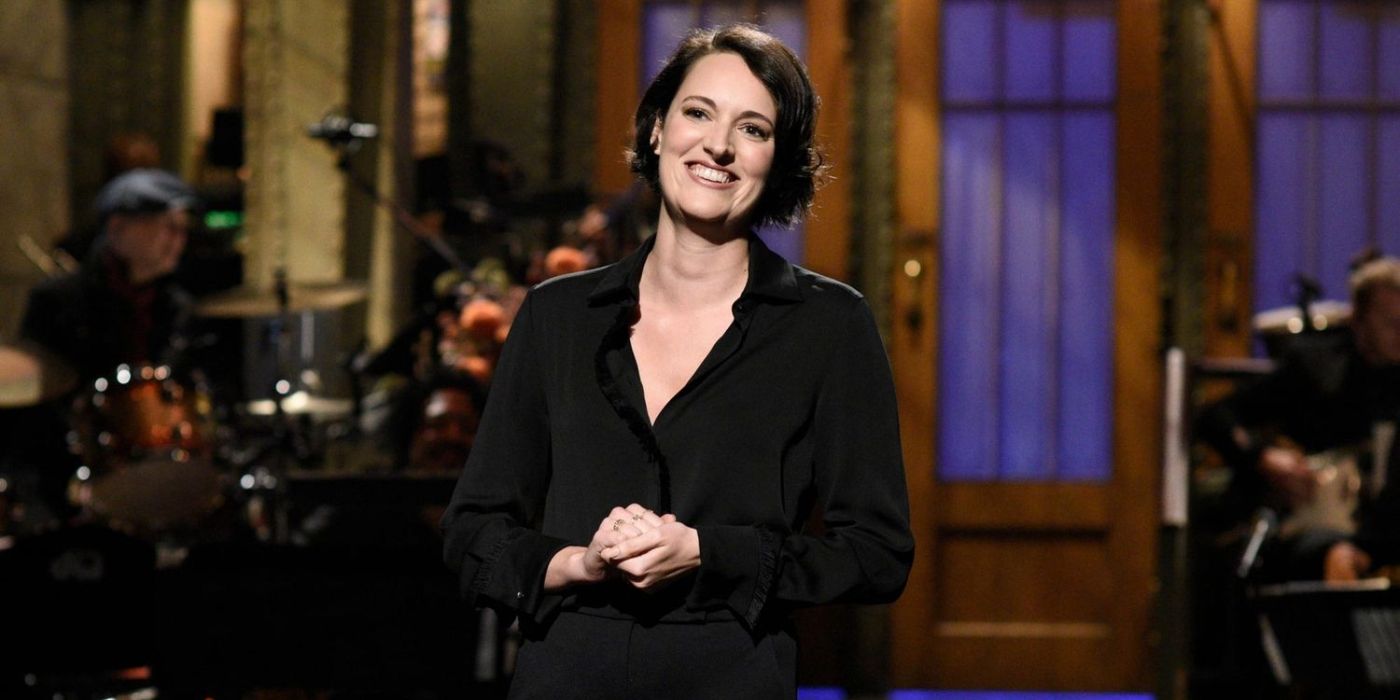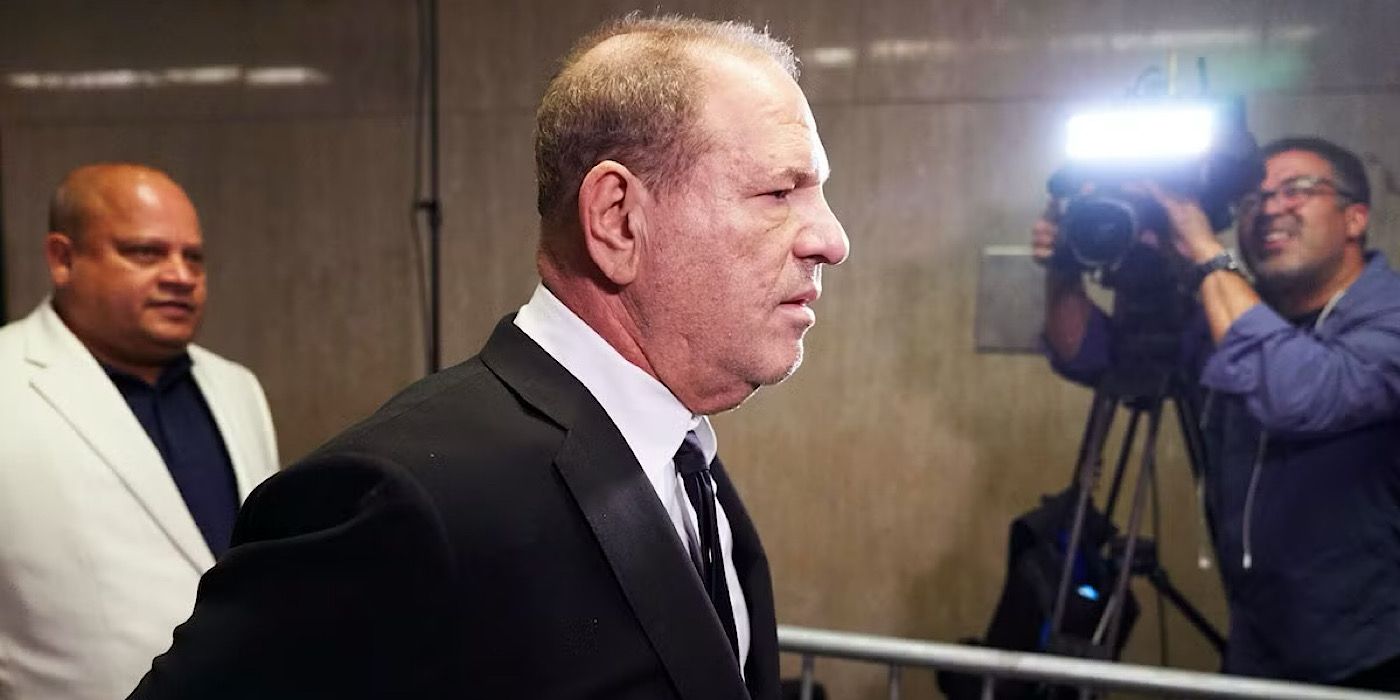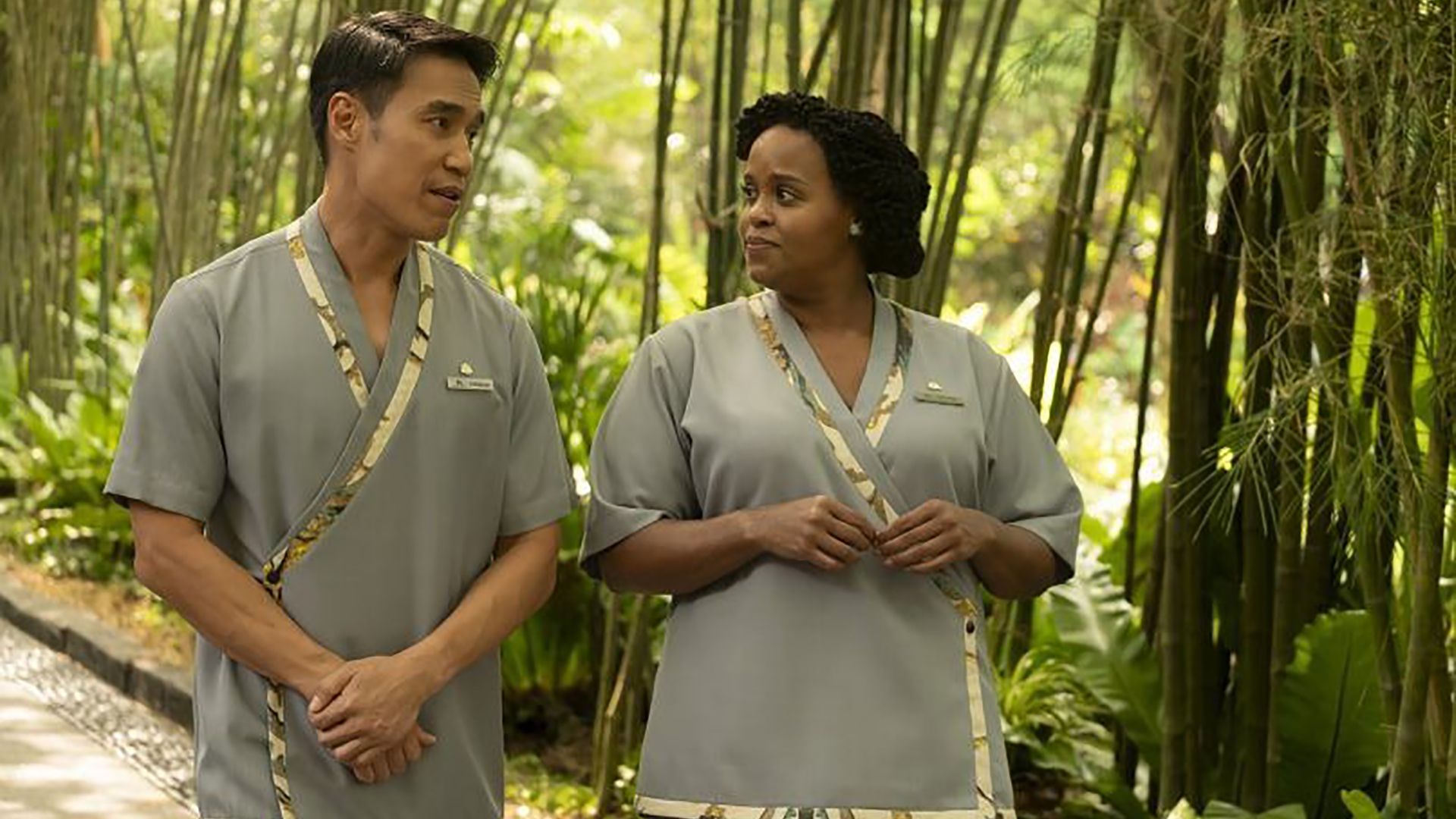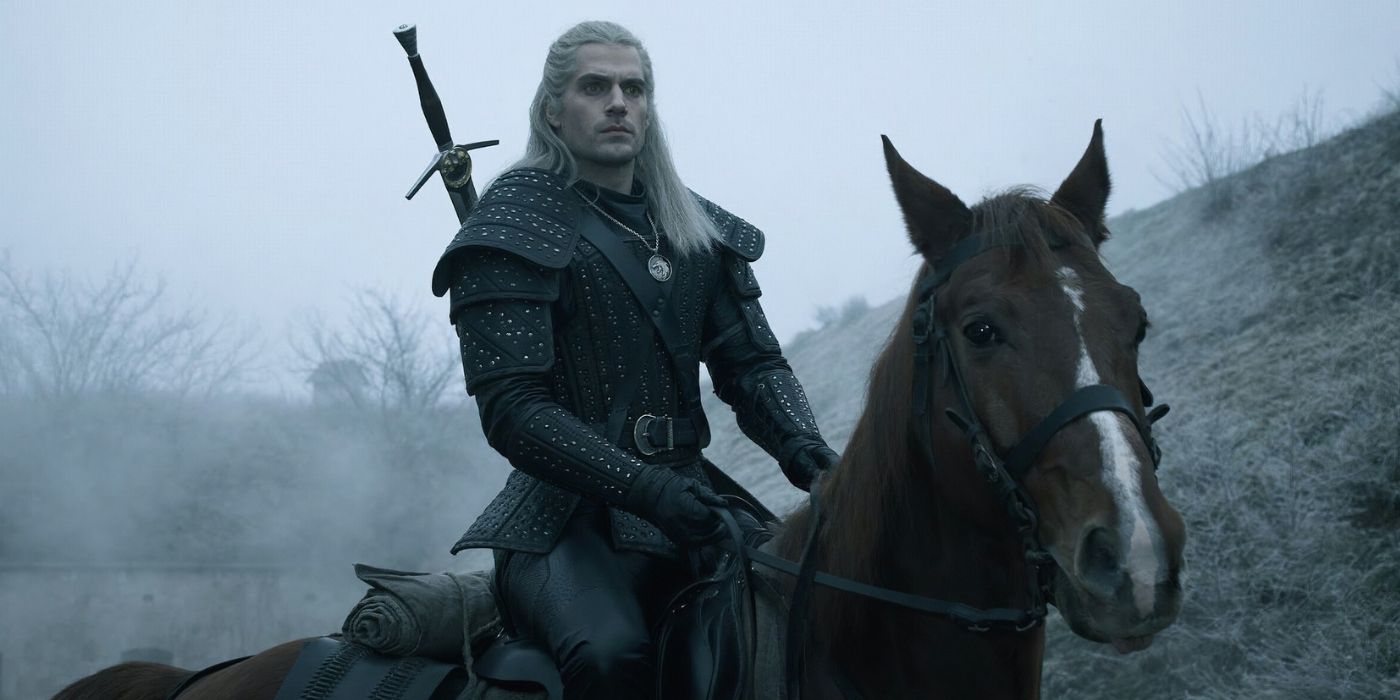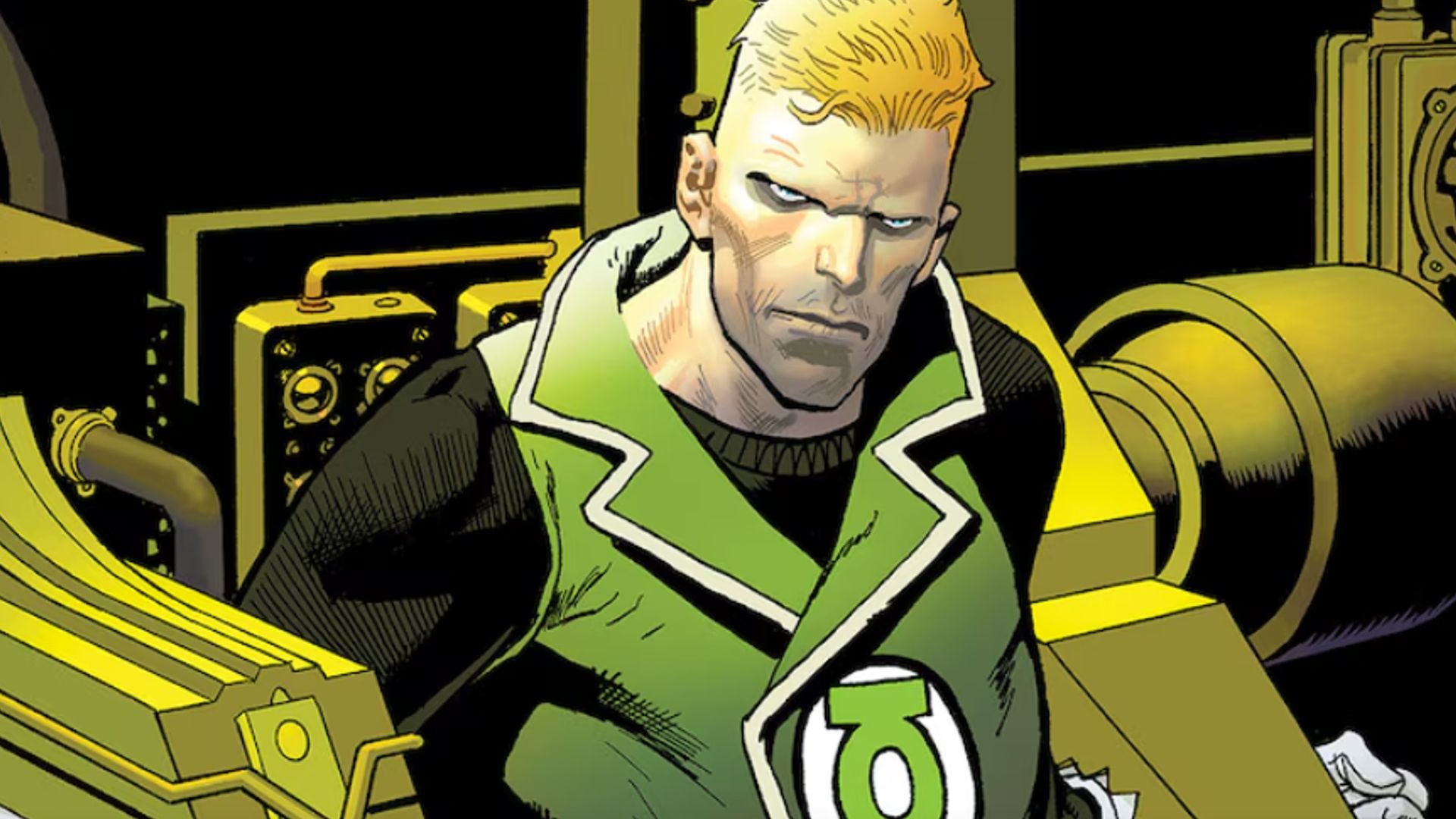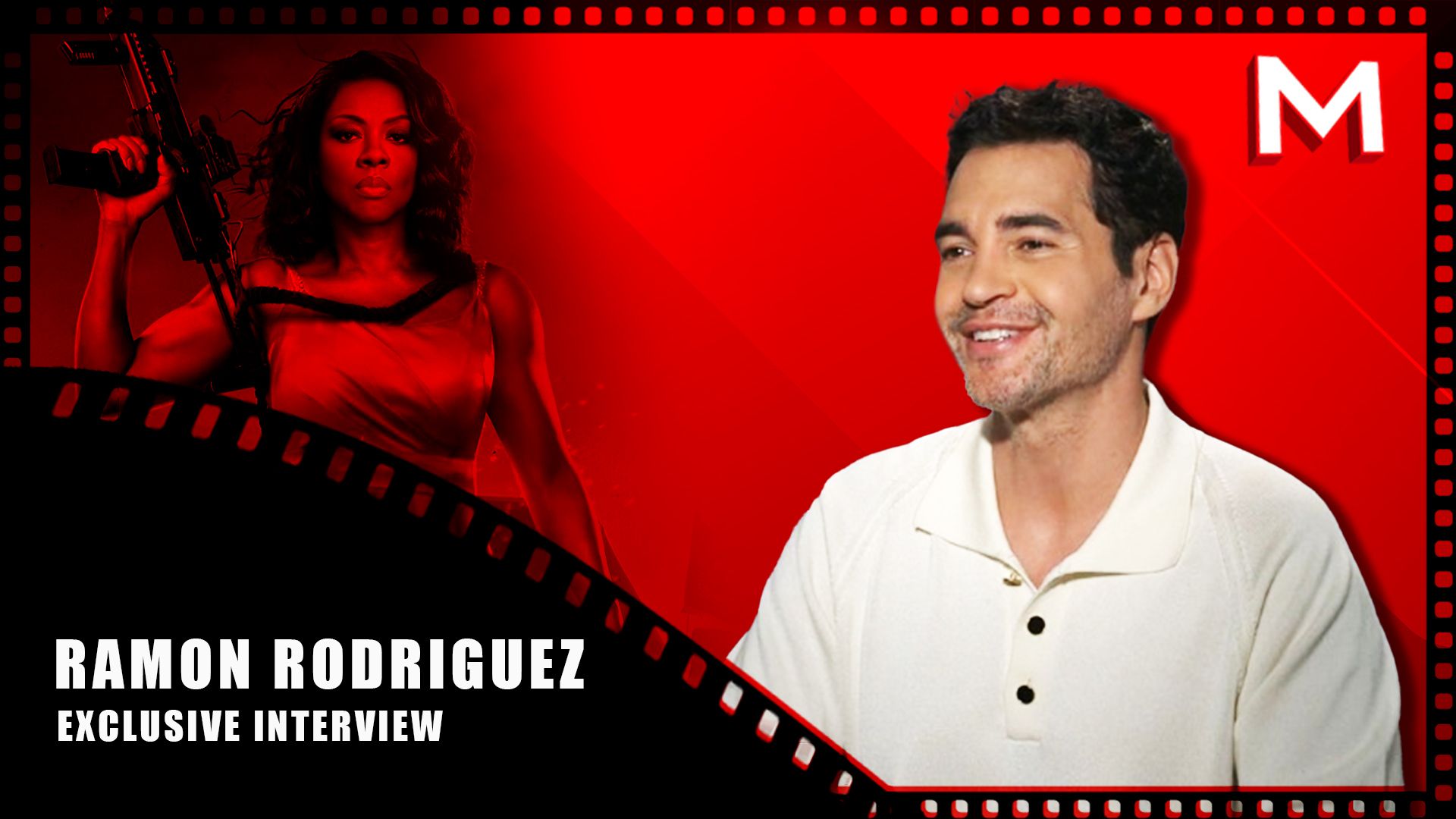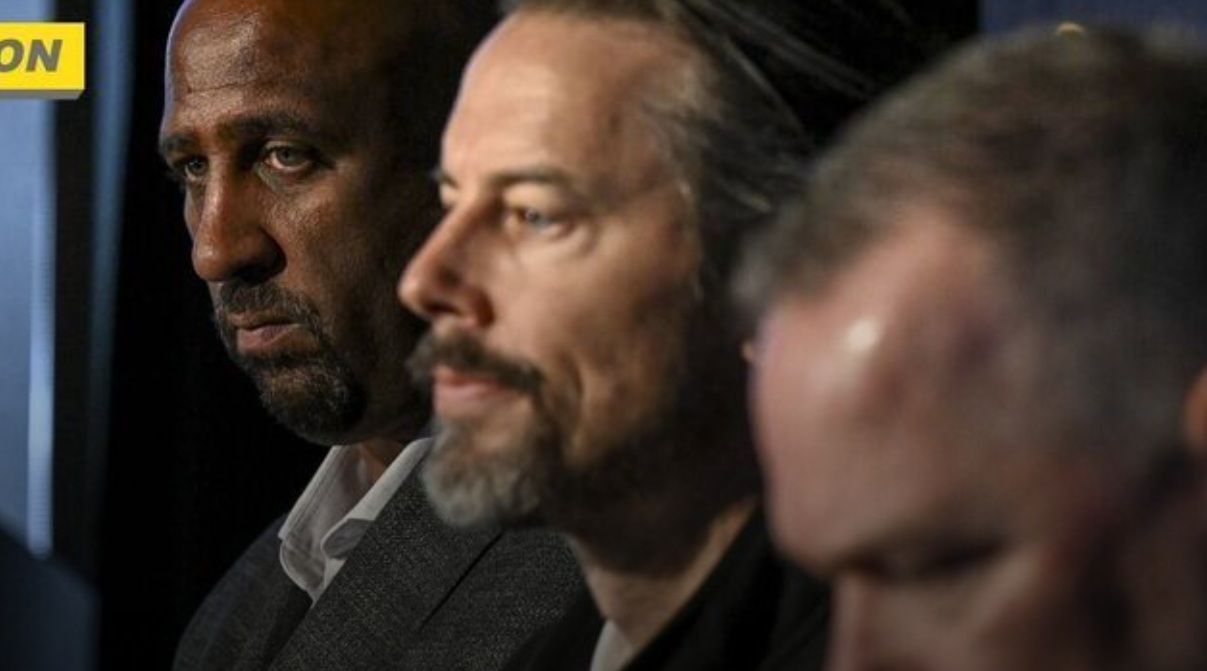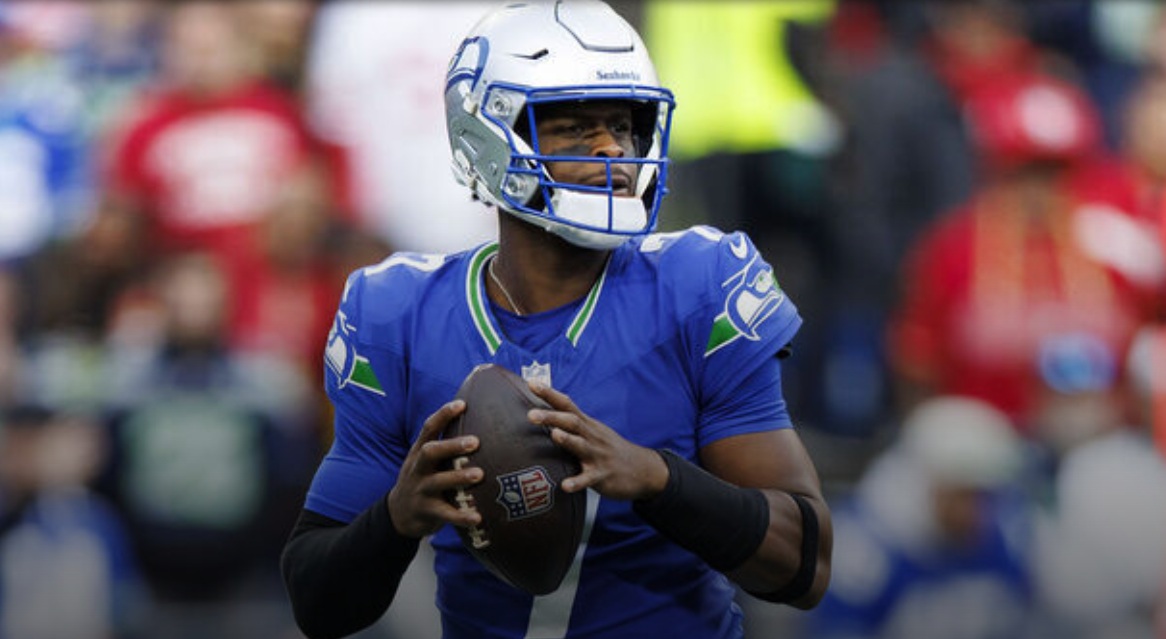Justin Spitzer brings his experience with workplace comedies like “The Office” and “Superstore” to the Motor City for the funny “American Auto” and the lives of people who work at the fictional car company Payne Motors. “Saturday Night Live” vet Ana Gasteyer stars as Katherine Hastings, the new CEO of Payne who comes to the company with no experience in automotive and little interest in cars at all. Her success in pharmaceuticals got her the job, much to the surprise of the people who now make up her support structure like Sadie (Harriet Dyer), Cyrus (Michael Benjamin Washington), Elliot (Humphrey Ker), Dori (X Mayo), and, most of all, Wesley (Jon Barinholtz, a “Superstore” vet), the grandson of the Payne founder.
In the hilarious premiere, already available on Peacock after its December sneak preview, Katherine is introduced to the latest development at Payne, a self-driving car that accelerates and brakes on its own. Small problem: it has trouble identifying non-white people on the street (a play on an actual issue explored in the doc “Coded Bias”). Spitzer and his team on “Superstore” turned that show into one of the smartest recent commentaries on social issues, expanding it from a traditional workplace comedy into a show that wasn’t afraid to deal with class inequity. “American Auto” goes even further in that department as most episodes play with how people in boardrooms are navigating (often poorly) a world of complex social issues. For example, a brilliant episode features Katherine and her team attempting to persuade a small town that they don’t really want the factory that might be built there, leading to an amazing speech in which she tries to fearmonger a small town into not doing what’s best for them. (It just ends with the word “Antifa.”)
However, “American Auto” isn’t all topical commentary—it’s also very funny, especially so early into its existence. Most of its unpacking of red tape, dynamics between the working class, and those who make the decisions for them reminded me more of “Parks and Recreation” than any recent show. And it’s remarkably cohesive for a show coming out of the gate. Comedies often take a long time for the writers to figure out how to write for their ensemble (look at the first season, maybe even two, of “Parks,” for example), but this one already has that rhythm. I just hope enough people find it on NBC to keep it going as long as Spitzer’s previous comedy.
You can view the original article HERE.

